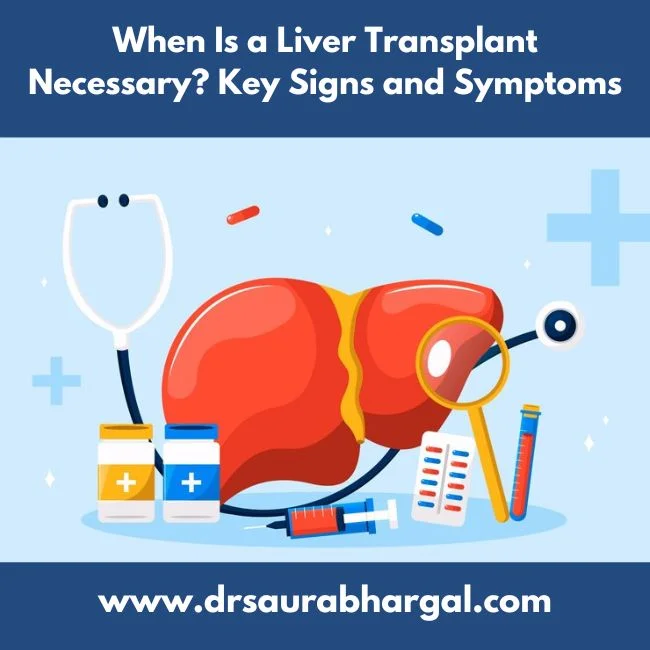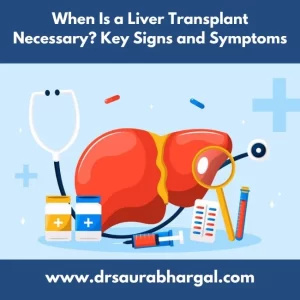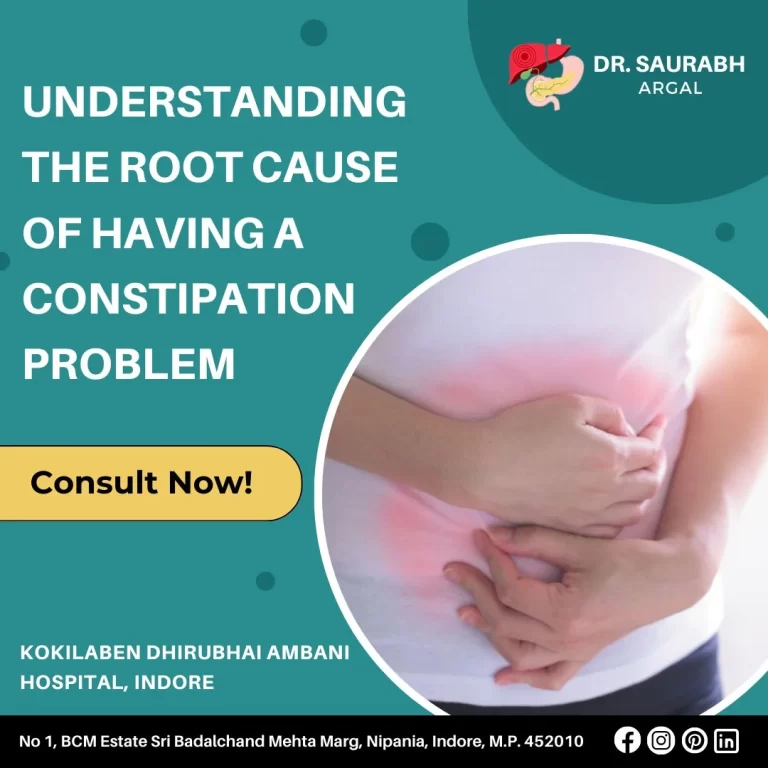The liver is one of the most important organs in the human body, responsible for filtering toxins, aiding digestion and producing essential proteins. However, conditions such as chronic liver disease and acute liver failure can significantly impair its function. In such cases, a liver transplant in Indore may be necessary to save a person’s life.
For those who need professional care, Liver Transplant in Indore has become a trusted solution with advanced medical facilities and specialized surgeons. This blog explores the signs, symptoms and conditions that may require a liver transplant and helps you or a loved one make informed decisions about this critical procedure.
Table of Contents
ToggleWhat is a liver transplant?
A liver transplant is a surgical procedure in which a diseased or failing liver is replaced with a healthy one from a donor. This donor can be:
Deceased: A donor who consented to organ donation.
Housing: A healthy individual donates part of his liver, which regenerates over time.
This life-saving procedure is often the last option for individuals with severe liver damage or failure.
Key signs that you may need a liver transplant
Determining the need for a liver transplant involves identifying specific symptoms and conditions. Below are the most common indicators that it’s time to consider this procedure:
1. Chronic fatigue and weakness
Persistent fatigue even after adequate rest can be a sign of liver disease. The liver plays a key role in energy production, and its dysfunction can lead to fatigue and general weakness.
2. Yellowing of the skin and eyes (jaundice)
Jaundice occurs when the liver cannot process bilirubin properly, causing it to build up in the blood. This yellow discoloration is often a clear sign of liver damage.
3. Swelling of the abdomen and legs
Fluid retention, known as abdominal ascites or leg edema, is a symptom of advanced liver disease. This occurs as a result of the liver’s inability to produce proteins that regulate fluid balance.
4. Frequent nausea and vomiting
Liver damage can impair the body’s ability to eliminate toxins, leading to frequent episodes of nausea and vomiting.
5. Bleeding or bruising easily
The liver produces clotting factors that help prevent bleeding. If you notice excessive bruising or bleeding, it could indicate a serious liver problem.
6. Confusion or cognitive problems (hepatic encephalopathy)
A failing liver can cause toxins to build up in the bloodstream, leading to confusion, memory problems, and difficulty concentrating.
7. Dark urine and light stools
Changes in the color of urine and stool are often among the early signs of liver problems. When the formation and excretion of bile is affected, dark urine and light-colored stools appear.
Conditions that may require a liver transplant
Certain medical conditions often lead to liver failure, so a transplant is the only viable option:
1. Cirrhosis
Cirrhosis is scarring of the liver tissue caused by chronic liver disease such as hepatitis or excessive alcohol consumption. Over time, scar tissue replaces healthy liver cells and impairs liver function.
2. Acute liver failure
A sudden loss of liver function, known as acute liver failure, can result from drug overdoses, viral infections, or toxic substances. This condition progresses quickly and often requires immediate intervention.
3. Hepatitis B and C
Chronic hepatitis infections can cause inflammation and damage over time, leading to liver failure.
4. Non-alcoholic fatty liver disease (NAFLD)
In some cases, the accumulation of fat in the liver can lead to severe inflammation, scarring and eventual liver failure.
5. Biliary atresia
A condition in children where the bile ducts are blocked or absent, preventing the flow of bile from the liver.
6. Liver cancer
When cancer originates in or has spread to the liver, a transplant may be necessary if other treatments are ineffective.
Liver Transplant in Indore: Why Choose Local Experts?
For patients seeking liver transplant in Indore, the city is home to some of the most modern medical facilities and experienced surgeons. Here’s why Indore is becoming a hub for liver transplants:
State-of-the-art technology: Hospitals in Indore are equipped with state-of-the-art surgical and diagnostic tools.
Specialist surgeons: Indore boasts of a growing number of highly qualified hepatologists and transplant specialists.
Affordable Care: Compared to metropolitan cities, Indore offers high quality medical care at a more reasonable cost.
Comprehensive support: Patients benefit from post-operative care, dietary advice and rehabilitation services to ensure a smooth recovery.
The importance of early diagnosis
Liver disease is often silent until it reaches an advanced stage. Regular check-ups and liver tests can help detect problems early and potentially prevent the need for a transplant.
Preparation for liver transplantation
If you or a loved one is diagnosed with end-stage liver disease, preparation is key to a successful transplant. These steps include:
Medical Assessment: Undergo thorough testing to confirm eligibility.
Donor Matching: Work with specialists to identify a suitable donor.
Lifestyle modifications: Avoid alcohol, adopt a liver-friendly diet, and maintain a healthy weight.
Emotional support: Counseling and support groups can help patients and families cope with transplant issues.
Conclusion
A liver transplant is a life-saving procedure for individuals with severe liver disease. Recognizing the symptoms early and seeking early medical intervention can make a big difference. For those seeking expert care, Liver Transplant in Indore offers excellent treatment and compassionate support from experienced professionals.
Don’t wait until it’s too late—see a specialist today to protect your liver and ensure a healthier future.








